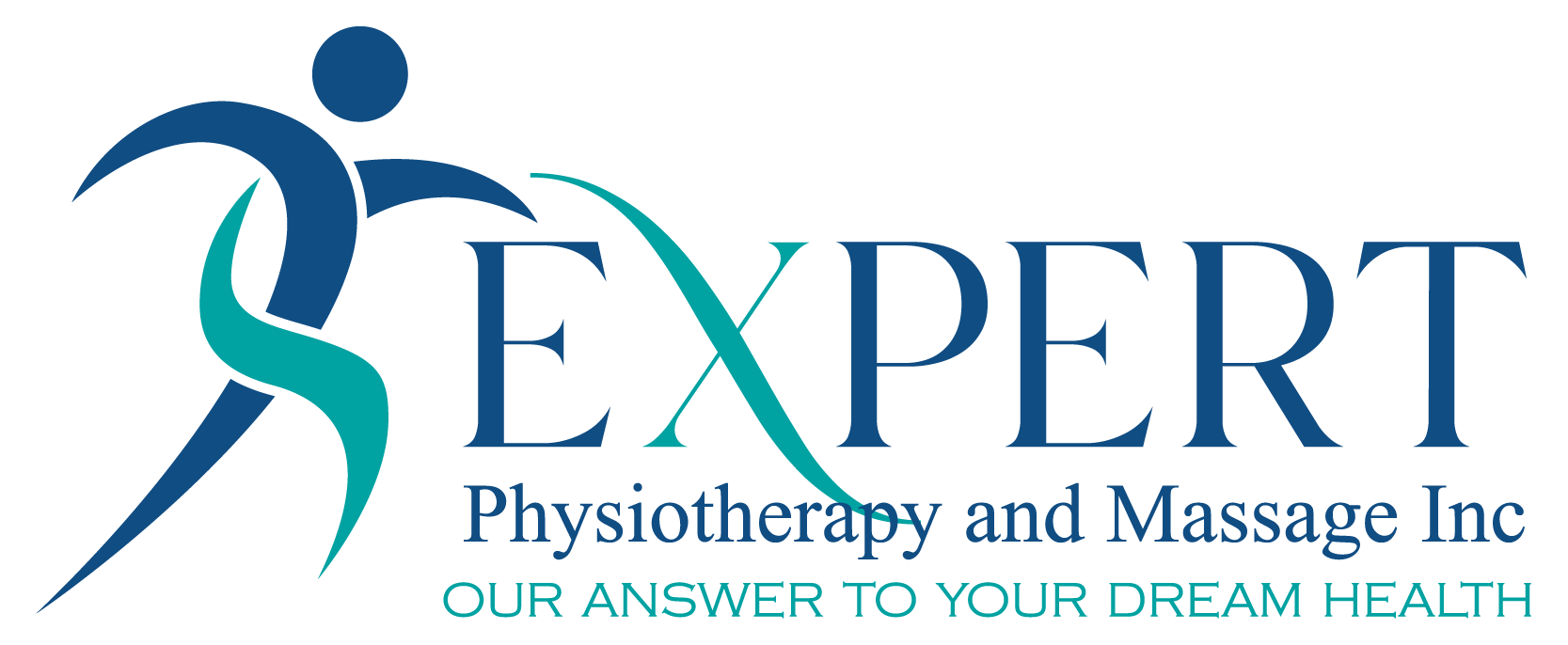Whiplash is a common injury that affects thousands of people every year, typically resulting from motor vehicle accidents, sports injuries, or sudden impacts. Despite its frequency, many people underestimate its potential severity and the importance of timely, expert care. This guide delves into the causes, symptoms, and effective treatments for whiplash injuries, with a focus on physiotherapy and massage therapy.
What is Whiplash?
Whiplash is a neck injury caused by a rapid back-and-forth motion of the head, similar to the cracking of a whip. This sudden movement can strain or tear the muscles, ligaments, and other soft tissues in the neck.
Common Causes of Whiplash:
- Motor vehicle accidents (rear-end collisions are particularly common triggers).
- Contact sports, such as football, rugby, or boxing.
- Physical abuse or violent shaking.
- Falls that cause a sudden jolt to the head or neck.
Symptoms of Whiplash
Symptoms of whiplash can vary widely in severity and may not appear immediately after the injury. Common signs include:
- Neck pain and stiffness.
- Reduced range of motion in the neck.
- Headaches, often originating at the base of the skull.
- Shoulder or upper back pain.
- Dizziness or fatigue.
- Tingling or numbness in the arms.
- Difficulty concentrating or memory issues in severe cases.
If left untreated, whiplash can lead to chronic pain and long-term complications, underscoring the importance of early intervention.
How Physiotherapy Helps
Physiotherapy plays a crucial role in the recovery process for whiplash injuries. A tailored treatment plan not only alleviates pain but also restores mobility and prevents future complications.
Key Physiotherapy Techniques for Whiplash:
- Manual Therapy:
- Hands-on techniques, such as joint mobilizations, help restore neck mobility and reduce stiffness.
- Therapeutic Exercises:
- Gentle stretching and strengthening exercises target the affected muscles, improving stability and range of motion.
- Postural Training:
- Poor posture can exacerbate symptoms. Physiotherapists teach proper alignment to minimize strain on the neck.
- Pain Management Strategies:
- Modalities like ultrasound, heat therapy, or electrical stimulation may be used to reduce pain and inflammation.
The Role of Massage Therapy
Massage therapy complements physiotherapy by targeting muscle tension and promoting relaxation. This holistic approach addresses both the physical and emotional stress caused by whiplash.
Benefits of Massage Therapy:
- Relieves muscle tension and spasms.
- Improves circulation, aiding the healing process.
- Reduces stress and anxiety associated with injury recovery.
- Enhances overall mobility and flexibility.
Common Massage Techniques for Whiplash:
- Myofascial Release: Targets tight fascia to improve neck and shoulder mobility.
- Trigger Point Therapy: Relieves pain by focusing on specific areas of muscle tightness.
- Swedish Massage: Promotes overall relaxation and blood flow.
When to Seek Expert Help
It’s essential to consult a healthcare professional if you suspect a whiplash injury. Ignoring symptoms can lead to chronic pain or long-term complications. Expert physiotherapists and massage therapists can assess your condition, provide a tailored treatment plan, and guide you through recovery.
Preventing Whiplash
While accidents can’t always be avoided, certain measures can reduce your risk:
- Adjust your car’s headrest to the correct height to minimize head movement during a collision.
- Use proper protective gear when participating in sports.
- Practice good posture to keep your neck and back aligned.
Conclusion
Whiplash injuries can be challenging, but with the right treatment and care, recovery is achievable. Combining physiotherapy and massage therapy provides a comprehensive approach to healing, addressing both pain and functionality. If you’re dealing with whiplash, don’t wait—seek professional care to regain your quality of life.
Ready to start your recovery journey? Contact our expert team of physiotherapists and massage therapists today for personalized care tailored to your needs.


